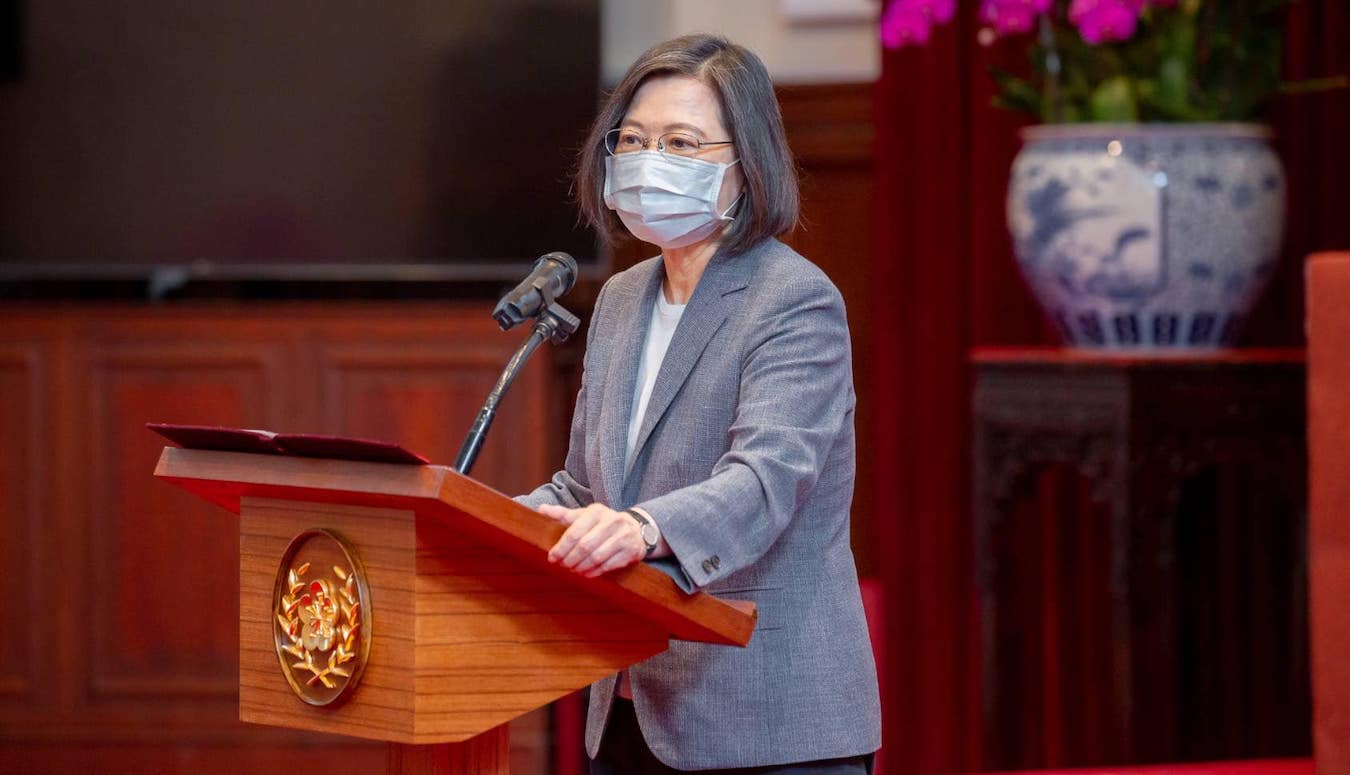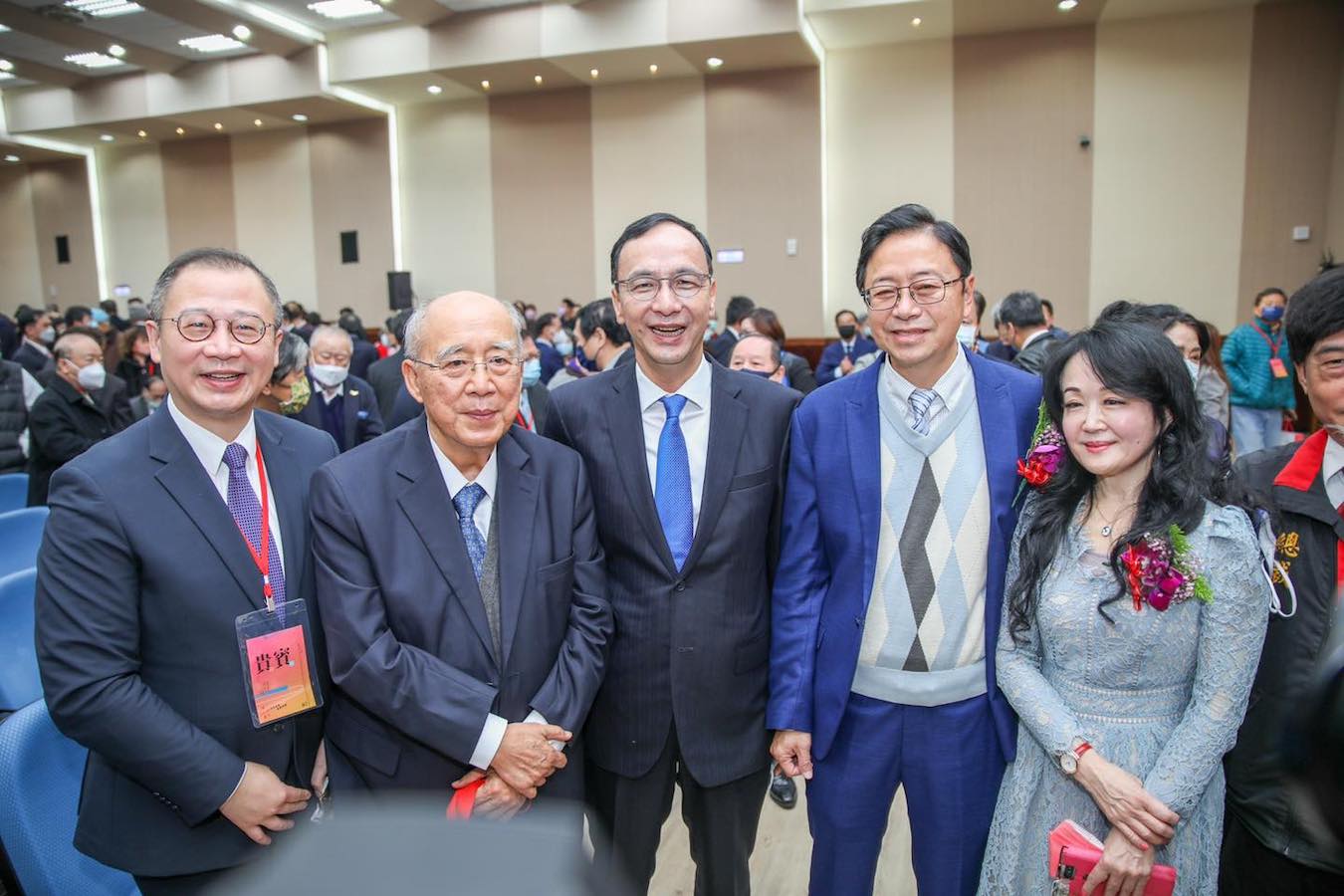by Brian Hioe
語言:
English
Photo Credit: David Jones/Flickr/CC BY 2.0
POLITICAL CONTENTION continues over the Tsai administration’s proposed 6,000 NT tax refund. Namely, the proposal has come under fire from opposition lawmakers. Although it was originally expected that the tax fund would be issued as early as next month or possibly in March, because of the failure of the proposed refund to clear the legislature, now the refund is not expected until April.
The tax refund was announced by the Tsai administration on January 5th. This was already a reversal for the Tsai administration, seeing as the Tsai administration originally stated that it did not intend to hand out tax rebates.
Namely, there was more than 160 million NT in surplus taxes collected this year. This year’s national tax revenue brought in more than 450 million NT required for the budget next year. Of the extra money, 70 billion NT was allocated to funding local governments, 100 billion NT was to be allocated to electricity subsidies, National Health Insurance, and Labor Insurance, while 100 billion NT was to be used for government initiatives to deal with ongoing economic challenges. This would include subsidizing public transport, individuals renting homes or paying back loans for homes, subsidizing retail prices for daily goods, for small-to-medium-sized enterprises, and boosting efforts to attract international tourists.
 President Tsai Ing-wen. Photo credit: Tsai Ing-wen/Facebook
President Tsai Ing-wen. Photo credit: Tsai Ing-wen/Facebook
President Tsai Ing-wen originally defended not returning the money in the form of tax refunds, stating that the overall economic outlook for Taiwan was still unstable and that the government would hold onto this money in case of future need. However, it is probable that Tsai reversed course because of differences of opinion in the DPP. DPP members may have hoped that cash handouts would increase the party’s standing with the public after its defeats in the 2022 nine-in-one elections last November.
The obviousness of the DPP’s flip-flopping on the matter may have been what contributed to attacks on the proposal from opposition parties. One notes that cash handouts goes against the previous policy of the Tsai administration, in which funds distributed to citizens for post-COVID domestic tourist and hospitality revitalization more often took the form of vouchers. While the KMT criticized distributing funds as vouchers rather than direct cash handouts, the Tsai administration defended this as necessary in order to ensure that funds were spent on specific industries and did not simply sit in citizens’ bank accounts but would be spent in the short-term. This is not the case this time, however.
But opposing parties have taken different approaches to criticizing the bill. The KMT has tried to one-up the DPP, calling for the tax refund to be increased to 10,000 NT. The KMT has taken the stance that if this year’s tax surplus is insufficient to pay for 10,000 NT to be distributed to members of the public, the government should draw from the tax surplus of previous years. In particular, the KMT is likely hoping to be seen as the party responsible for cash handouts to the public, rather than the DPP. This pattern of calling for trying to one-up the DPP when it comes to the amount of funds distributed to the public was also observed with post-COVID vouchers. The KMT has cited that the tax surplus was 430 billion NT in 2021 to justify this expense.
 KMT chair Eric Chu (center). Photo credit: Eric Chu/Facebook
KMT chair Eric Chu (center). Photo credit: Eric Chu/Facebook
On the other hand, the NPP has criticized the tax refund in its scope, in that all members of the public would receive 6,000 NT–irrespective of how much wealth they have. Instead, the NPP has called for funds to be prioritized for those impacted by COVID-19. Otherwise, the NPP has suggested that the funds might be better spent on the construction of social housing–since while Tsai pledged the construction of 120,000 units of social housing, less than 60% of units have been complete– or to fund the construction of childcare facilities, pay for medication for those with rare diseases, or other measures aimed at strengthening the social safety net.
It is rather certain that some form of tax refund will eventually materialize, seeing as both of Taiwan’s major parties are now in support of the idea. At the same time, it still remains unclear as to when exactly the tax refund will take place, given the lack of consensus on the idea. Perhaps in this respect, the DPP would have benefited from a more coherent strategy for proposing the idea, rather than doing so in a way that the KMT would almost inevitably try to one-up, given the pan-Blue camp’s past actions in recent memory when it came to the notion of funds distributed to the public.

